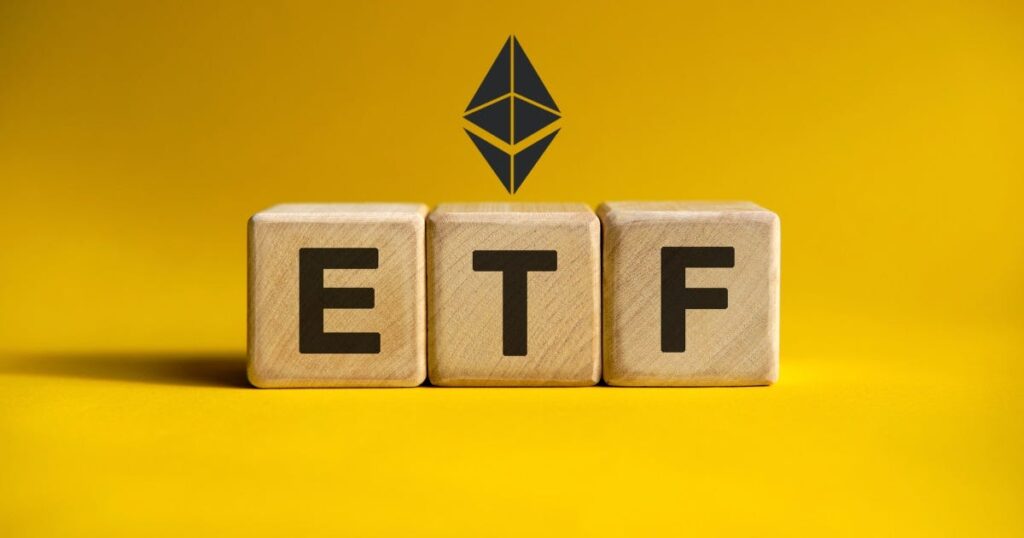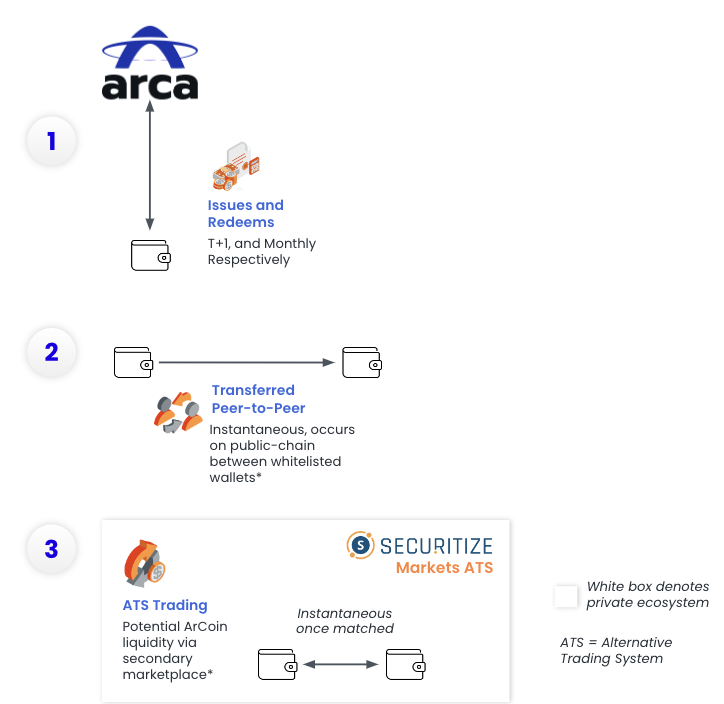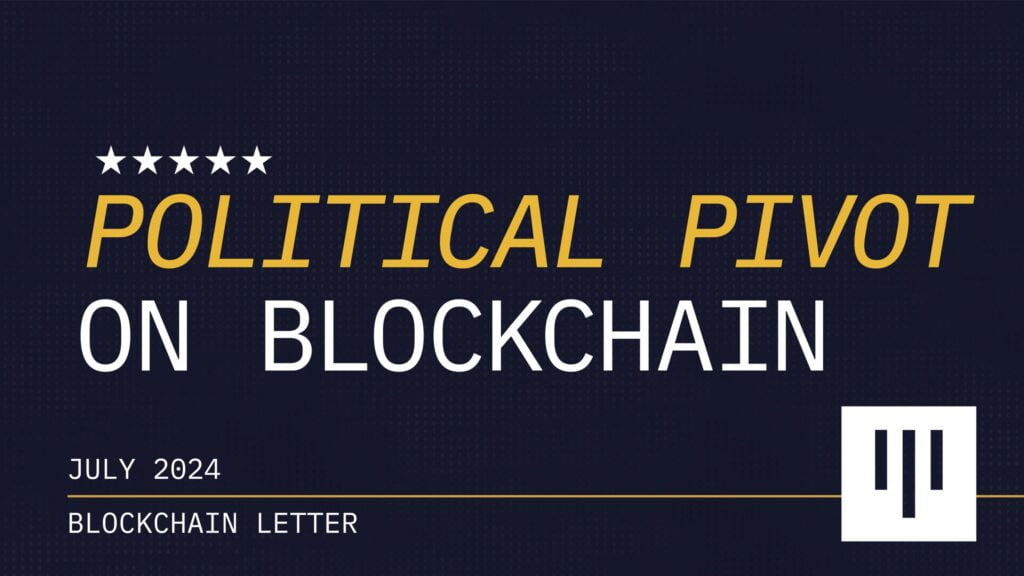Podcast Summary
This podcast episode features Alex, the CEO of Matter Labs, discussing ZK Sync, a layer 2 blockchain protocol that aims to scale Ethereum using zero knowledge technology. The conversation delves into the core value proposition of ZK Sync, its unique architecture, and the challenges and developments within the ZK Sync ecosystem. The episode also touches on the economic model of ZK Sync, the venture case for a blockchain protocol, and the future of blockchain ecosystems.
Key Takeaways
Understanding ZK Sync’s Core Value Proposition
- ZK Sync’s Mission: The primary goal of ZK Sync is to solve the scalability problem of blockchains, enabling mass adoption while preserving the properties that make Ethereum valuable, such as decentralization and security.
- Use of Zero Knowledge Proofs: ZK Sync utilizes zero knowledge proofs, a technology that allows proof of computational integrity at an arbitrary scale. This technology enables everyone to verify everything happening on the chain without trusting third parties.
- Optimization of Core System: ZK Sync focuses on optimizing the core system, including the prover, circuits, and proof system, using advanced GPU-based provers and a recently unveiled proof system called bjab.
Unique Architecture and Optimizations of ZK Sync
- Efficient Data Availability: The bulk of costs for ZK rollups comes from data availability, which ZK Sync manages by publishing the data through the Ethereum network, ensuring it is public and accessible for reconstruction.
- Transaction Outputs Publication: ZK Sync uses a unique approach where transaction outputs are published instead of transaction inputs, allowing for more flexibility and cheaper transactions.
- Creation of Hyper Chains: ZK Sync enables the creation of hyper chains, which are blockchains or ZK rollups built using the ZK Sync technology. These hyper chains seamlessly integrate into the ZK Sync ecosystem, providing access to users and liquidity already on ZK Sync and other hyper chains.
Improving User Experience in Crypto
- Smart Contract Accounts: Smart contract accounts, or smart wallets, are a key component in improving the user experience and protecting users from mistakes and security risks.
- Native Account Abstraction: ZK Sync introduces native account abstraction, allowing users to manage transactions without relying on third-party providers. This feature enables users to sign one transaction and execute a series of them, paying fees directly from their account’s stored assets.
- EVM Compatibility: ZK Sync aims to support alternative technologies outside of EVM and enable interoperability with non-EVM chains in the long run.
Economic Model and Stakeholders of ZK Sync
- Profitability through Transaction Fees: The economic model of ZK Sync relies on the profitability of blockchains through transaction fees to sustain development.
- Stakeholders: The stakeholders involved in the ZK Sync ecosystem include the network itself, the governance DAO, and the community of Guardians who will eventually own the network.
- Network Effects: ZK Sync benefits economically from new hyper chains being launched and operated within its ecosystem through network effects that multiply the utility for every participant.
Challenges and Future Developments
- Technical Challenges: The biggest challenges for ZK Sync’s growth include technical challenges of an engineering nature and limited growth due to the bear market and the zero-sum nature of certain applications.
- Exciting Developments: Exciting developments within the ZK Sync ecosystem include the launch of P penguin, collaborations in payments and traditional banking, and the integration of gaming and other Ethereum projects.
- Future Roadmap: The ZK Sync roadmap will include exciting news to be announced at DevCon week in Istanbul, with details to be shared at the event.
Sentiment Analysis
- Bullish: The podcast presents a bullish sentiment towards ZK Sync, highlighting its unique approach to solving the scalability problem of blockchains, its efficient use of zero knowledge proofs, and its potential for mass adoption. The discussion of ZK Sync’s economic model, the venture case for a blockchain protocol, and the future of blockchain ecosystems further reinforces this positive outlook.
- Neutral: While the podcast is largely bullish, it also maintains a neutral stance by acknowledging the challenges faced by ZK Sync, including technical challenges and limited growth due to the bear market. The podcast also recognizes the need for ZK Sync to support alternative technologies outside of EVM and enable interoperability with non-EVM chains.













